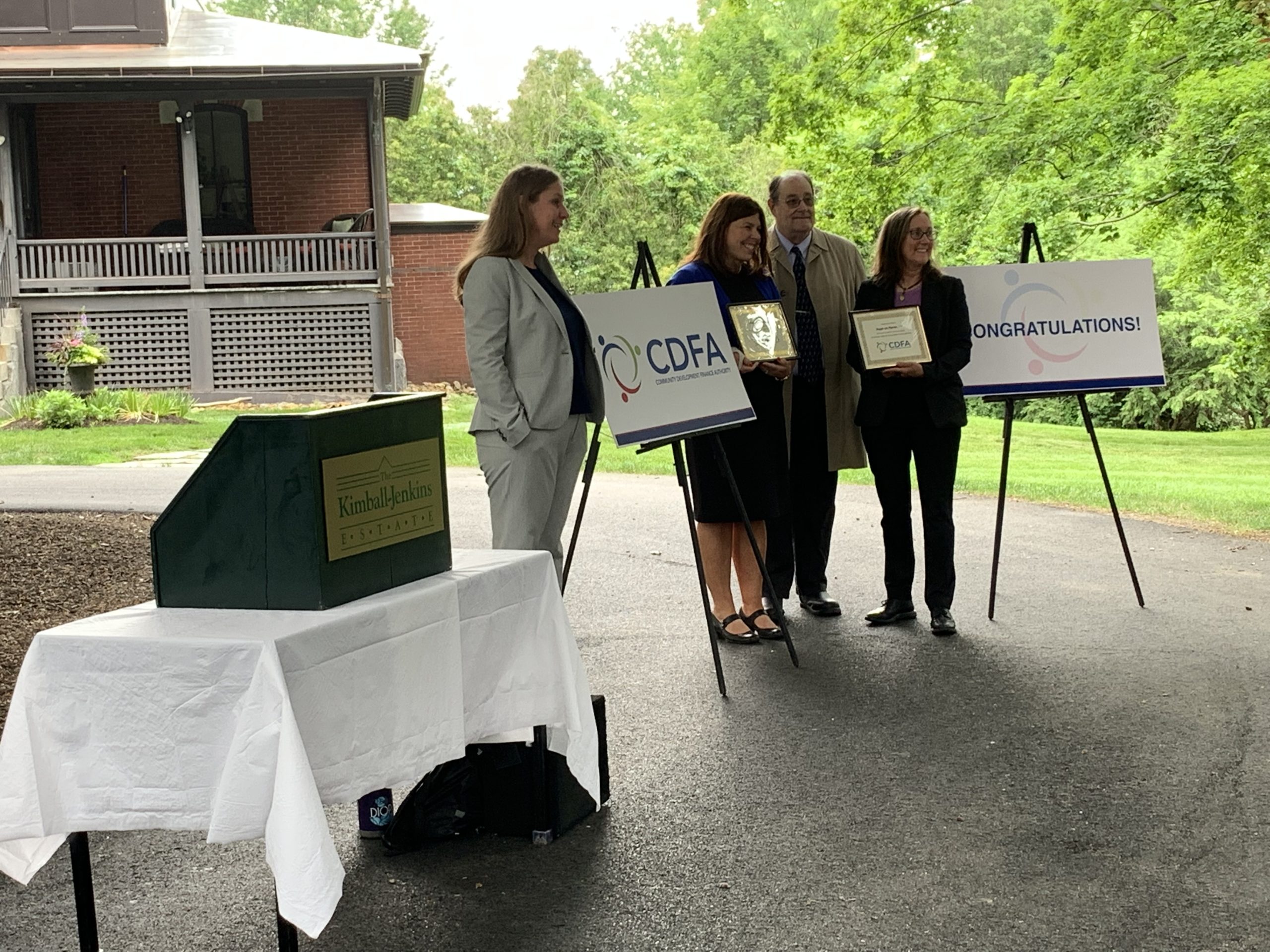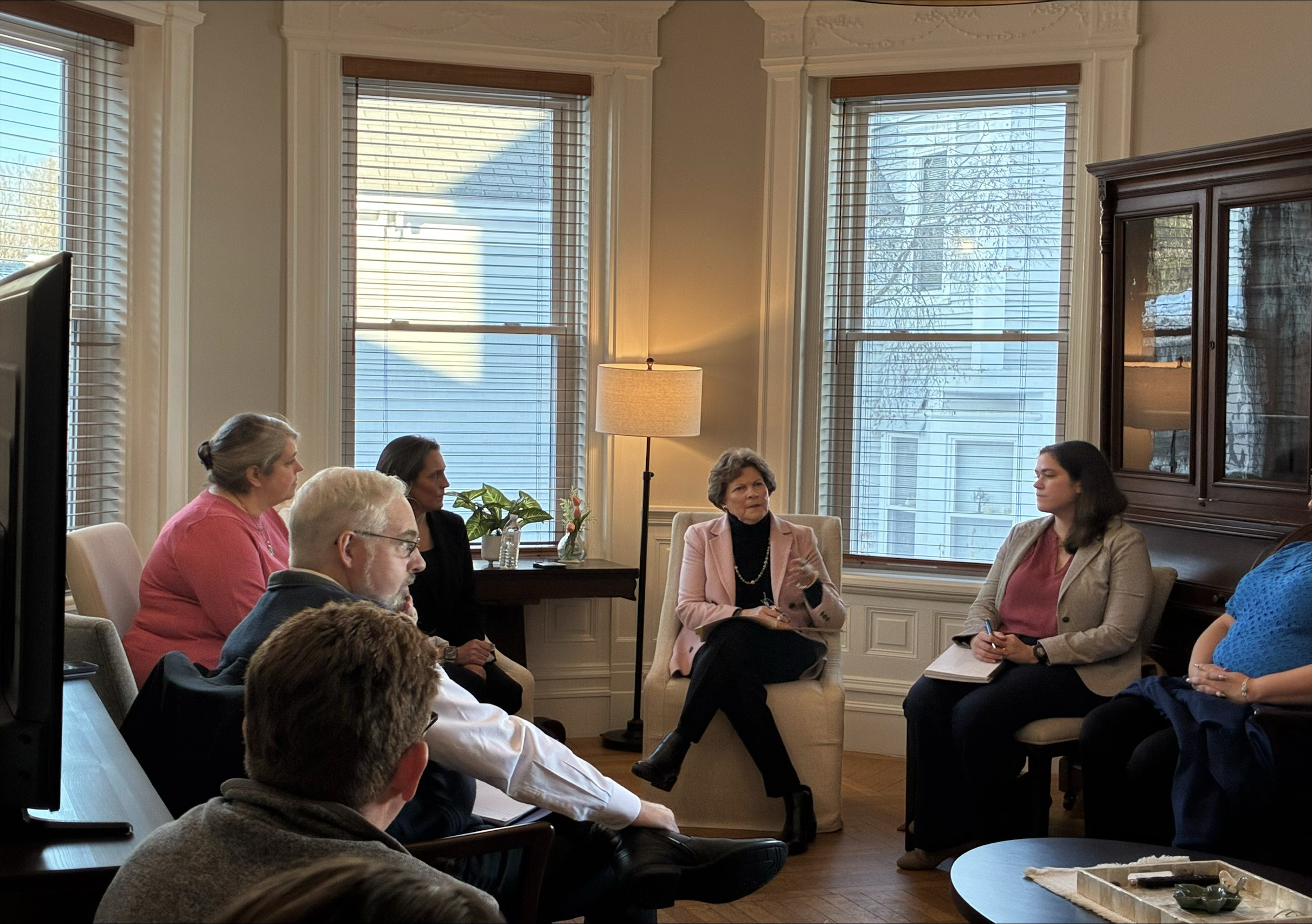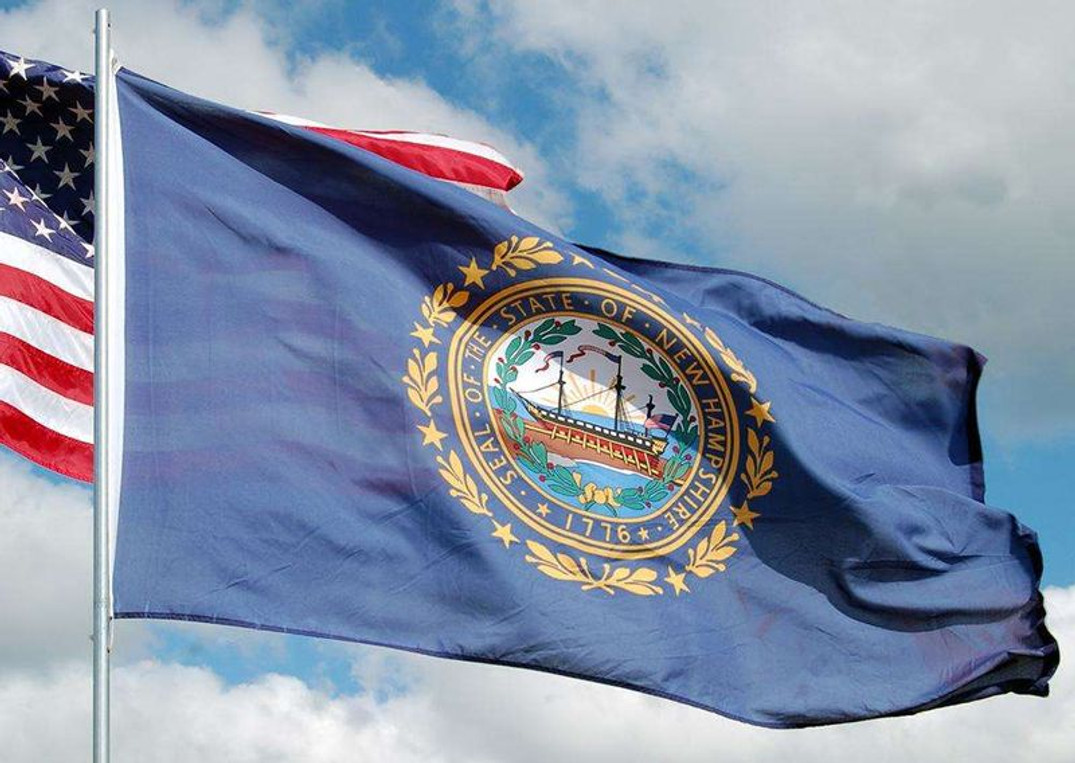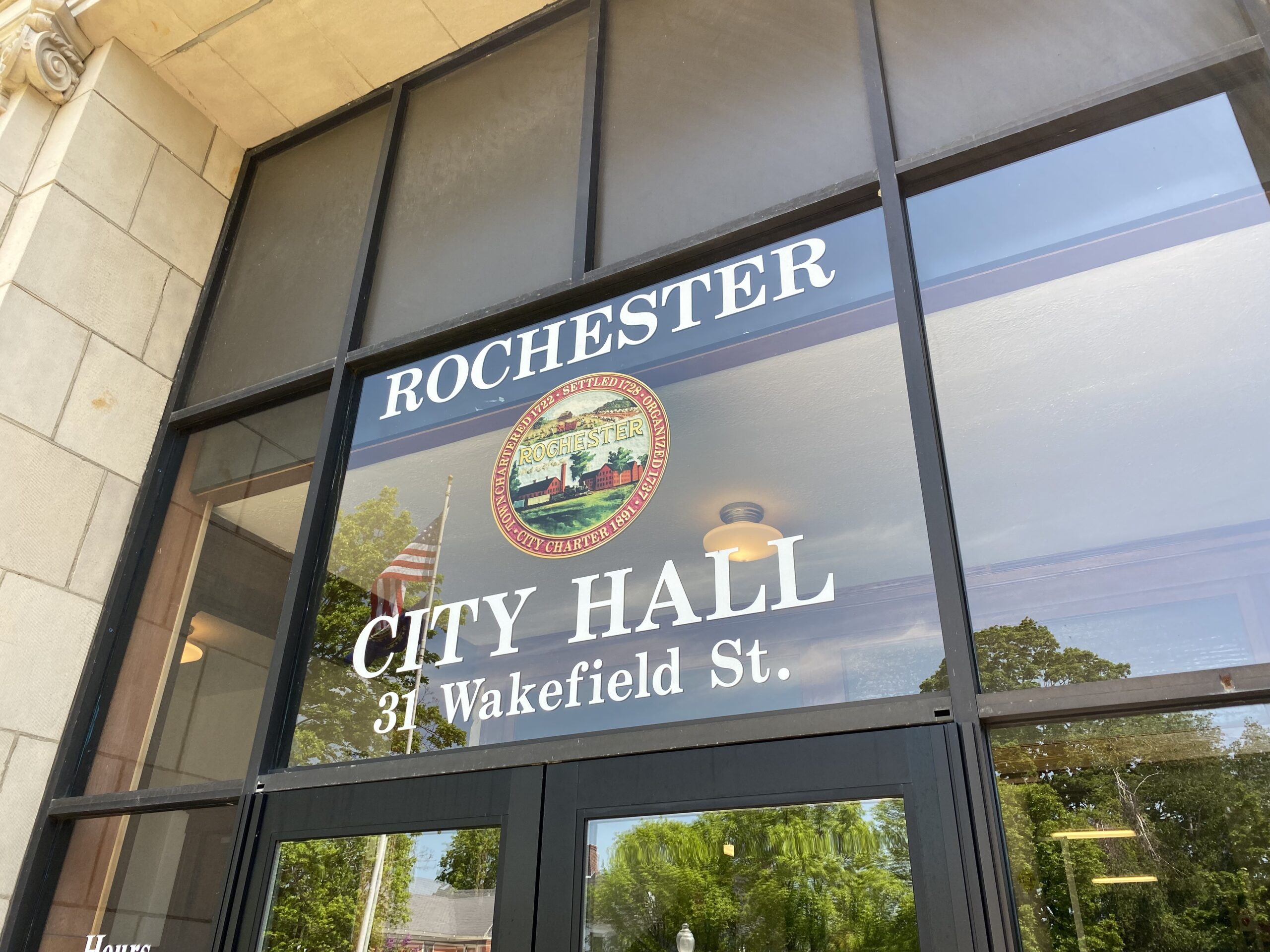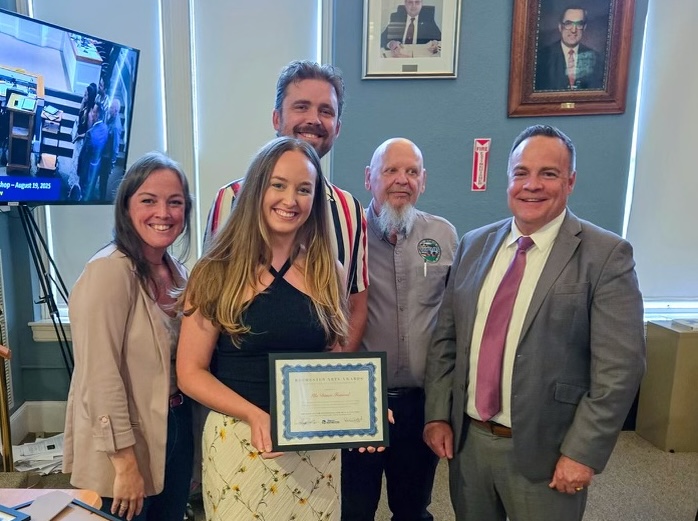The New Hampshire Community Development Finance Authority (CDFA) announced today it has awarded $5 million in tax credits to projects throughout New Hampshire. The funds will have a significant impact on initiatives that advance local community economic development goals, capacity building for the New Hampshire nonprofit sector, and support for economic development across the state.
Projects receiving tax credits are: providing increased access to critical services, housing and quality, affordable childcare; revitalizing neighborhoods, downtowns, and historic structures in rural communities; and supporting community economic development efforts.
“Organizations awarded Tax Credit resources have demonstrated a strong commitment to their communities – in the midst of uncertainty and significant challenges – that speaks to the resiliency and vibrancy of the Granite State,” commented Katy Easterly Martey, Executive Director, CDFA. “These community builders are driving positive, long-lasting change within our communities.”
Easterly Martey continued, “Through public-private partnerships, this year’s awardees are addressing critical needs within our communities like access to a broad base of housing opportunities and supportive services; creating new economic opportunities through affordable, quality childcare and job creation; and revitalizing neighborhoods and downtowns.”
The following Rochester-based organizations have been awarded tax credits from CDFA for their respective projects.
Hope on Haven Hill – $500,000: Funds will help to build the organization’s Center for Hope and Wellness, enabling Hope on Haven Hill to significantly expand programming, create community convening space, offer childcare and develop a workforce training program space for mothers in recovery. The new building will also house all of the organization’s administrative and clinical offices at one location. The project demonstrates strong community and economic benefit by increasing access to critical services and economic opportunities for low-income women.
Waypoint – $115,000: Funds will support the development of a drop-in center in Rochester that will provide prevention and early intervention services for youth and young adults who are homeless or at-risk of becoming homeless. The project demonstrates a strong community benefit by creating a physical space that will allow Waypoint to connect with a wider range of youth, provide immediate basic needs and better support youth in changing their lives.
CDFA also awarded tax credit funds for its L5 Capacity Building Program, which is focused on providing an infusion of capital at a pivotal point in a nonprofit organization’s development. The awarded resources will further enable those organizations in furthering their missions and serving the needs of New Hampshire communities. CDFA awarded tax credit funds to support capacity building for the following Rochester-based organizations:
Hope on Haven Hill – $60,000: Resources will be used to develop and pilot a new program, “Pathways to Employment,” to secure meaningful employment for mothers with substance use disorder who are parenting young children.
The Homeless Center for Strafford County – $45,500: Funds will be used to hire an Aftercare Case manager, which will add critical capacity to the organization’s case management team and overarching efforts to help keep families in permanent housing following shelter stays.
New Hampshire needs a strong, effective nonprofit network with the capacity to support our communities and envision, create, and implement broad-based community economic development projects as we recover from the lasting impact of the COVID-19 crisis. CDFA is committed to assisting New Hampshire’s nonprofits in becoming more resilient during this time of significant economic disruption. In 2021, CDFA will help support nonprofits awarded through the L5 Capacity Building Program by raising $395,000 in Tax Credits for State Fiscal Year 2022 (July 1, 2021 – June 30, 2022). Additional information on how businesses can support nonprofits engaged in this work can be found here: www.nhcdfa.org/CapacityBuilding.
In addition to this year’s selected projects, CDFA’s tax credit program supports New Hampshire’s Regional Development Corporations. The funds will provide capital for the nonprofit Regional Development Corporations throughout the state to collaborate on fostering and encouraging economic development and job creation.
Grants made to organizations are in the form of tax equity. New Hampshire businesses support the selected projects by purchasing the tax credits, resulting in the nonprofit receiving a donation and the company receiving a 75 percent New Hampshire state tax credit against that contribution. The credit can be applied against the Business Profits Tax, Business Enterprise Tax, or Insurance Premium.
To learn more about CDFA, its impact on New Hampshire communities, and available funding resources, visit www.nhcdfa.org.
